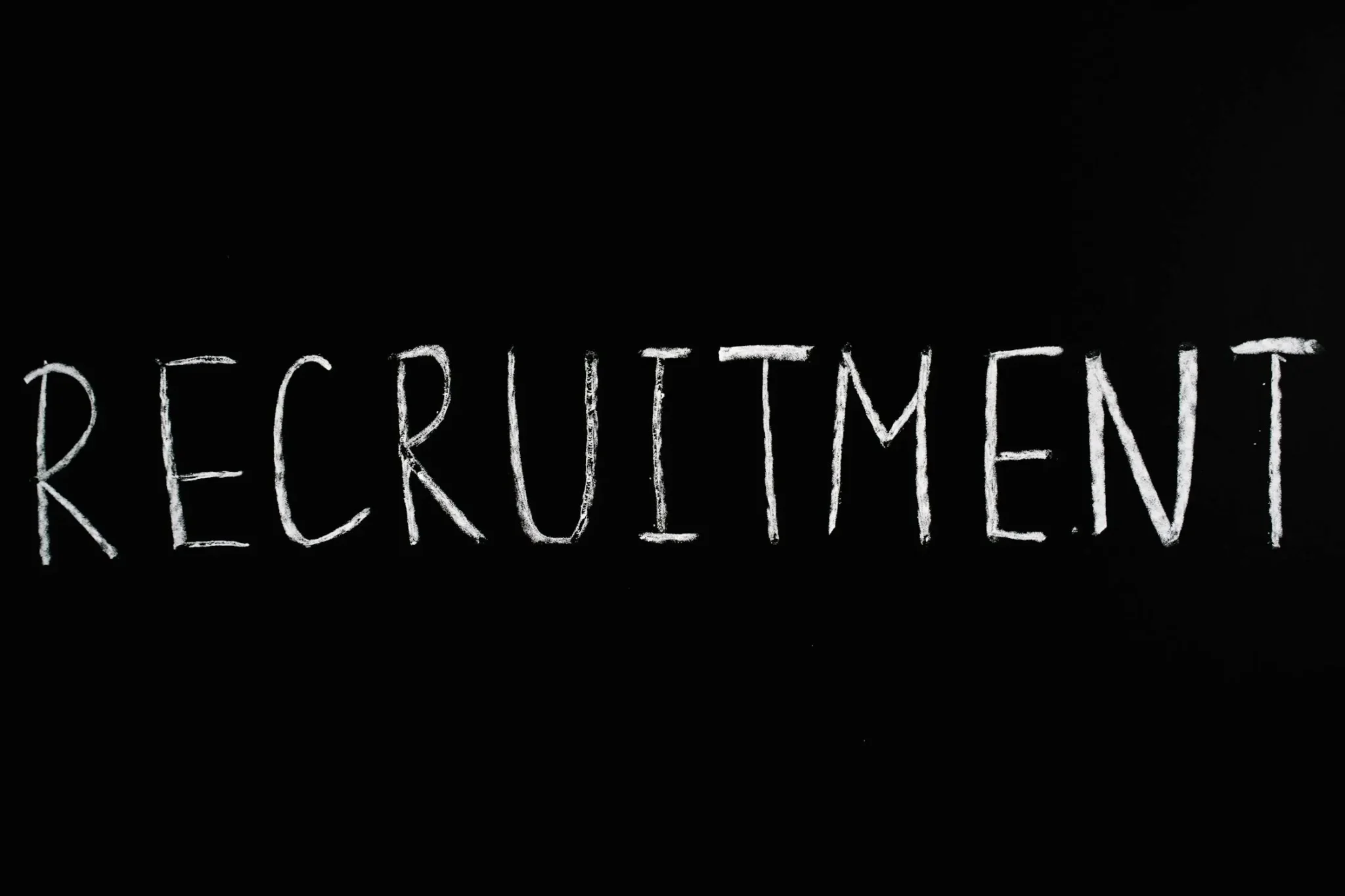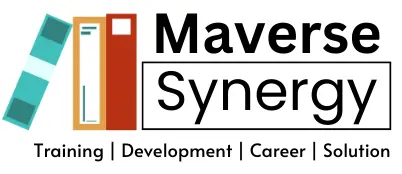Job Search Skills

About Job Search Skill
Why Choose Our Course?
- Comprehensive curriculum
- Experienced instructors
- Hands-on learning
- Industry-standard software
What You'll Learn
Job Search Skills
Job search skills in today’s era encompass a blend of traditional and modern strategies to effectively navigate the competitive job market.This includes mastering online job portals, crafting compelling resumes and LinkedIn profiles, and utilizing social media for personal branding.
Additionally, networking both online and offline and developing strong interview job search skills are crucial for standing out to potential employers. Staying updated on industry trends and continuously learning new skills also play a significant role in enhancing job search success
Career Map
Having a career map is essential for providing direction and clarity in your professional journey. Job search skill, it helps you set long-term goals and break them down into actionable steps, ensuring continuous growth and development.
A well-defined career map also allows you to identify and leverage opportunities, make informed decisions, and stay motivated by tracking your progress. Ultimately, it serves as a strategic tool to align your career aspirations with your personal and professional values.
Researching the Job Market
Researching the job market is crucial because it helps you understand current trends, demands, and opportunities within your industry. By staying informed, you can tailor your Job Search skill and experiences to match the needs of potential employers, increasing your competitiveness.
Additionally, market research can guide you in making strategic career decisions, such as identifying emerging fields, setting realistic salary expectations, and finding the right companies or roles that align with your career goals. Ultimately, it empowers you to make informed choices and stay ahead in a dynamic job landscape.
Job Search Guidelines
Effective job search guidelines include tailoring your resume and cover letter for each application to highlight relevant skills and experiences that match the job search skill description. Leverage professional networking platforms like LinkedIn to connect with industry professionals, join relevant groups, and stay updated on job openings.
Prepare thoroughly for interviews by researching the company, practicing common interview questions, and articulating your value proposition. Additionally, follow up with a thank-you note after interviews to express your appreciation and reinforce your interest in the position.
Resume Strategies
Having a solid resume strategy is essential because it ensures your qualifications and achievements are presented in the most compelling way, capturing the attention of hiring managers quickly. A well-crafted resume highlights your most relevant job search skill and experiences, aligning them with the specific job you’re applying for, thereby increasing your chances of landing an interview.
It also helps you stand out in a competitive job market by showcasing your unique value proposition. Ultimately, a strategic resume is a powerful tool that can significantly impact your job search skill success and career advancement.
Cover Letters & Template
Cover letters accompanying a resume are important because they provide an opportunity to introduce yourself and explain why you are a strong fit for the position. They allow you to personalize your application, showcasing your enthusiasm for the role and the company.
Cover letters also give you a chance to highlight key achievements and experiences that align closely with the job requirements, making your application stand out. Ultimately, a well-crafted cover letter can enhance your resume by adding context and personality, increasing your chances of securing an interview.
Linkedin Strategy
Having a LinkedIn strategy is crucial for building your career because it allows you to effectively network, showcase your professional brand, and stay visible in your industry. A well-maintained LinkedIn profile acts as an online resume, highlighting your skills, experiences, and accomplishments to potential employers and collaborators.
It also enables you to connect with industry professionals, join relevant groups, and engage with content that demonstrates your expertise. By actively using LinkedIn, you can stay updated on job opportunities, industry trends, and leverage recommendations and endorsements to build credibility and enhance your career prospects
Networking for job Search
Networking is extremely important for a job search skill as it significantly increases your chances of finding job opportunities that may not be advertised publicly. Building and maintaining professional relationships can lead to valuable referrals and insider information about potential job openings.
Networking also helps you gain insights into industry trends and best practices, enhancing your knowledge and employability. Moreover, personal connections often carry more weight with hiring managers, making it easier to secure interviews and job offers through trusted recommendations.
Job Interview Checklist
Creating a job interview checklist is crucial to ensure you are well-prepared and confident. Key elements of a job interview checklist include:
- Research the Company: Understand the company’s mission, values, culture, products, and recent news.
- Understand the Role: Review the job description thoroughly and match your skills and experiences to the requirements.
- Prepare Your Answers: Practice responses to common interview questions, including your strengths, weaknesses, and achievements.
- Prepare Questions: Develop thoughtful questions to ask the interviewer about the role, team, and company.
- Update Your Resume: Bring multiple copies of your updated resume and any other required documents.
- Plan Your Outfit: Choose professional attire appropriate for the company culture.
- Logistics: Confirm the interview time, location, and format (in-person, phone, video), and plan your travel route or ensure your technology works.
- Practice Good Etiquette: Prepare to arrive early, greet the interviewer with a firm handshake, and maintain good eye contact and body language.
- Bring Necessary Items: Pack a notebook, pen, copies of your resume, a list of references, and any other required materials.
- Follow-Up: Prepare a template for a thank-you email to send within 24 hours after the interview.
These elements will help you present yourself professionally, stay organized, and make a positive impression during your job interview.
Job Interview Questions
Job interview questions are essential as they provide a platform for employers to assess your qualifications, skills, and fit for the role. Answering these questions thoughtfully allows you to showcase your expertise, experience, and enthusiasm for the position. They also help you gather crucial information about the company, its culture, and the role’s expectations, aiding in your decision-making process. Ultimately, well-prepared and articulate responses to interview questions can significantly influence whether you are selected for the job.
Salary Negotiations
Salary negotiations are crucial because they allow you to achieve fair compensation that reflects your skills, experience, and the value you bring to the organization. Negotiating your salary demonstrates your confidence, professionalism, and commitment to your career. It also sets the foundation for your earning potential, impacting your financial stability and long-term career satisfaction. Effective negotiations can lead to improved job satisfaction, increased motivation, and a better overall fit within the company.
Resignation & Exit Interview
Resignations and exit interviews are important processes for both employees and employers. Resigning professionally ensures a smooth transition and maintains positive relationships with colleagues and the organization. Exit interviews provide valuable feedback to employers about the employee experience, reasons for leaving, and potential areas for improvement, helping them enhance employee retention and organizational culture.
Additionally, exit interviews offer departing employees a chance to reflect on their tenure and leave on good terms, which can be beneficial for future career opportunities and networking.
The First 90 days in your New Job
The first 90 days in a new job role are critical for establishing a strong foundation and making a positive impression. It’s a period to learn about the company culture, build relationships with colleagues, and understand expectations and responsibilities. Proactively engaging with tasks and demonstrating your capabilities during this time sets the stage for long-term success and career growth within the organization.
How to Avoid & Manage Office Politics
The first 90 days in a new job role are critical for establishing a strong foundation and making a positive impression. It’s a period to learn about the company culture, build relationships with colleagues, and understand expectations and responsibilities. Proactively engaging with tasks and demonstrating your capabilities during this time sets the stage for long-term success and career growth within the organization.
Career Change Strategies
Career change strategies involve thorough self-assessment to identify transferable skills and passions, followed by targeted research into new industries or roles. Importance lies in aligning your career with personal values and professional growth aspirations, fostering job satisfaction and longevity. Implementing a well-planned strategy can mitigate risks associated with transitions, ensuring a smooth and successful career change that enhances overall fulfillment and achievement.
Personal Branding
Personal branding is crucial as it shapes how others perceive you personally and professionally. It allows you to differentiate yourself from others in your field, showcasing your unique skills, strengths, and values. A strong personal brand can open doors to new opportunities, enhance your credibility, and build a network of supporters who recognize and advocate for your expertise. Ultimately, investing in personal branding cultivates a reputation that aligns with your career goals and helps you achieve long-term success.
AI for Job Search
AI plays a pivotal role in job search by streamlining processes such as resume screening, matching candidates to job openings based on skills and preferences, and even conducting initial interviews through chatbots or virtual assistants. Its ability to analyze vast amounts of data swiftly enables more efficient and accurate candidate sourcing, benefiting both job seekers and employers. Embracing AI in job search enhances the likelihood of finding suitable opportunities faster and allows candidates to focus more on preparing for meaningful interactions with potential employers
Moreover, check out the courses we provide at Maverse Synergy.
Take a look at our Instagram Page.
